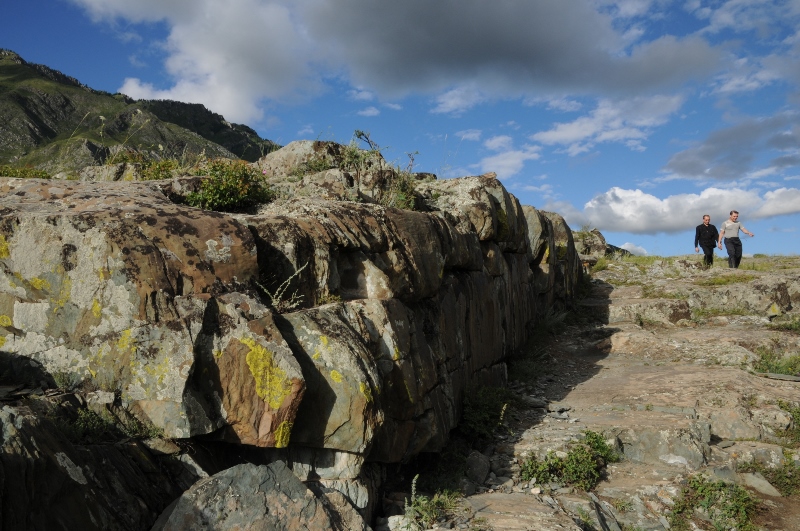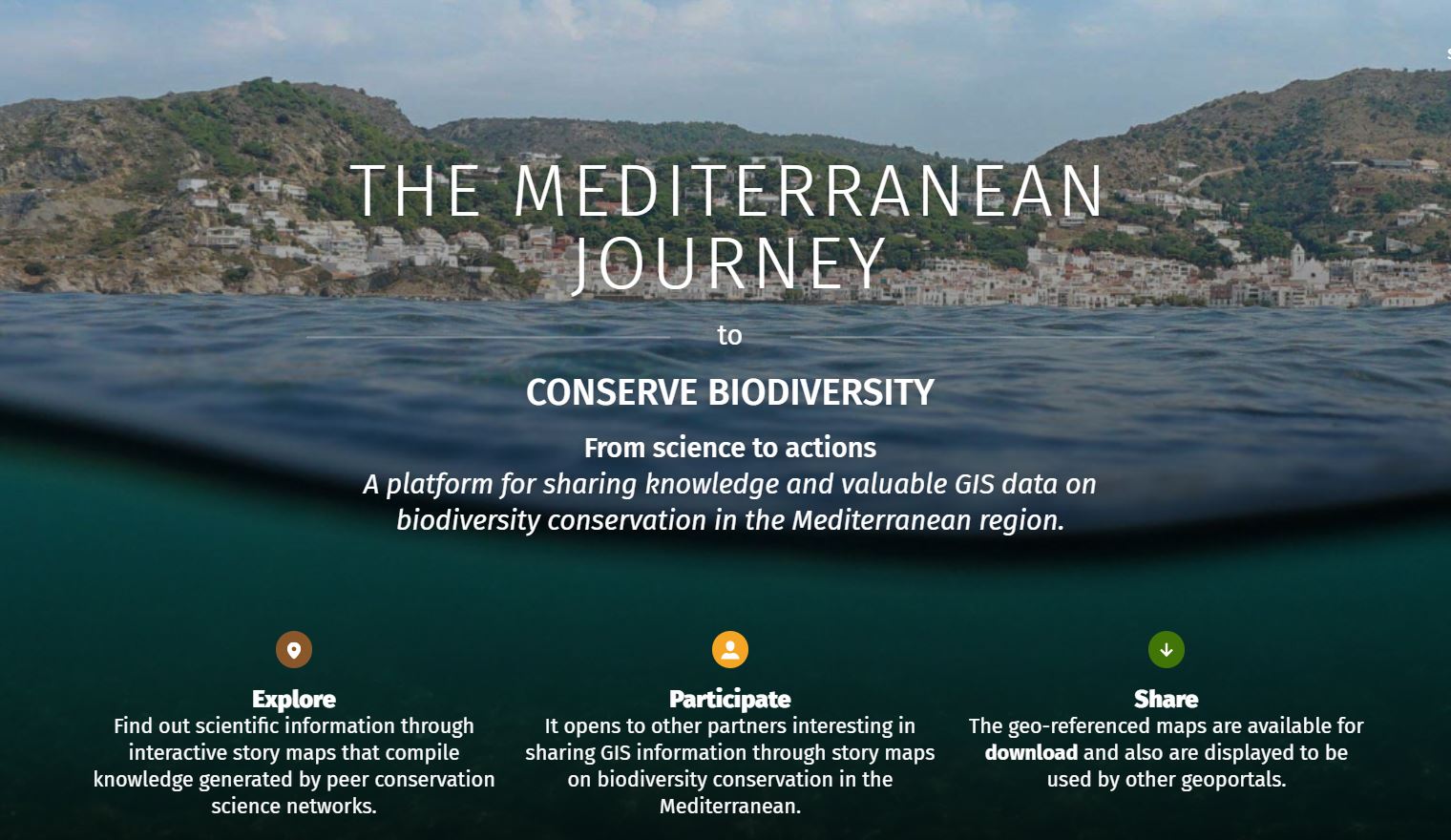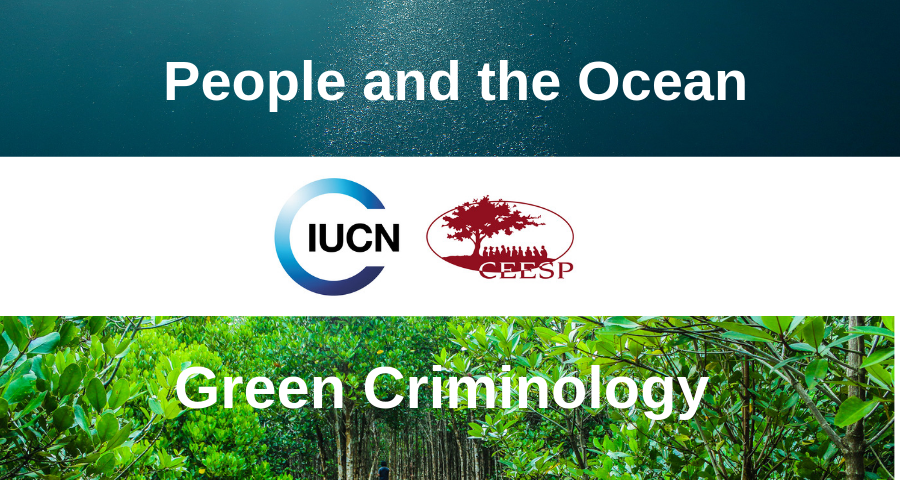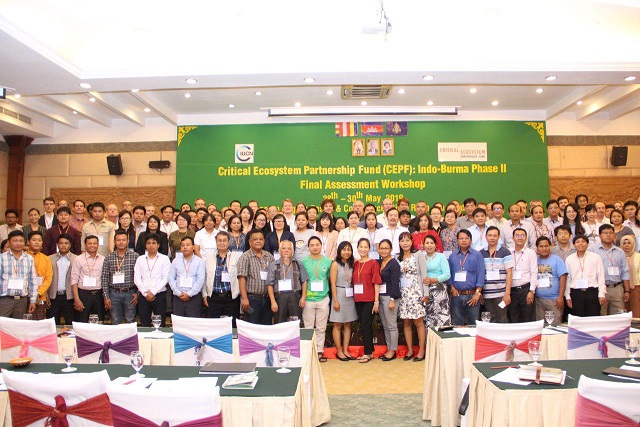Training Module on Initiating Transboundary Conservation available online
A newly developed Training Module on initial phases of cross-border conservation and steps towards its institutionalization was presented today at a meeting of IUCN and BfN in Gland, Switzerland. Consisting of the Trainer’s Manual and eight lessons, it helps the trainees estimate how feasible the establishment of Transboundary Conservation Area (TBCA) is and develop strategies to address the most important factors for its successful creation.

Photo: IUCN/Boris Erg
“The benefits of transboundary conservation are manifold, from ecological, political, to social and economic,” clarifies Boris Erg, Director of IUCN’s Regional Office for Eastern Europe and Central Asia. “A strong vision, participatory process and proper planning are key to its success. The new Training Module offers hands-on guidelines on how to set-up a transboundary conservation process and make it work,” he concludes.
The Training Module on Initiating Transboundary Conservation is designed to be used for face-to-face instruction led by a trainer. The material is suitable to be taught by diverse actors in nature conservation and aims at strengthening national and local authorities, protected area managers, communities and stakeholders. It consists of the Trainer’s Manual and eight presentations that include case studies on different regions and illustrate various aspects of transboundary conservation. Detailed training notes allow future trainers to adapt the lessons to their groups in terms of skill level, geographical context, level of expertise, language and training needs.
“The Training Module is developed to help transboundary conservation proponents better plan and design their transboundary initiatives, providing relevant guidance on these initial steps of the often complex and long-term process," notes Maja Vasilijević, Vice-Chair of the IUCN WCPA Transboundary Conservation Specialist Group.
This globally applicable Training Module builds on the recommendations of IUCN WCPA’s Best Practice Protected Area Guidelines 'Transboundary Conservation: A systematic and integrated approach’. It is available online at the website of the Global Transboundary Conservation Network for free use. Any modified versions must be distributed non-commercially and pursuant to the Creative Commons License CC-BY-NC-S and include attribution to IUCN and BfN.
The training course was piloted last October in Ulcinj, Montenegro, allowing more than 20 participants to provide their feedback and evaluate each session. As the following step, five Steering Committee members evaluated the entire course. All comments fed into the elaboration of the final version of the training module. Its development and testing were done by the IUCN Regional Office for Eastern Europe and Central Asia, the IUCN WCPA Transboundary Conservation Specialist Group, and the IUCN Environmental Law Centre. It was initiated by the German Federal Agency for Nature Conservation (BfN) and funded by the German Federal Ministry for the Environment, Nature Conservation and Nuclear Safety (BMU).



